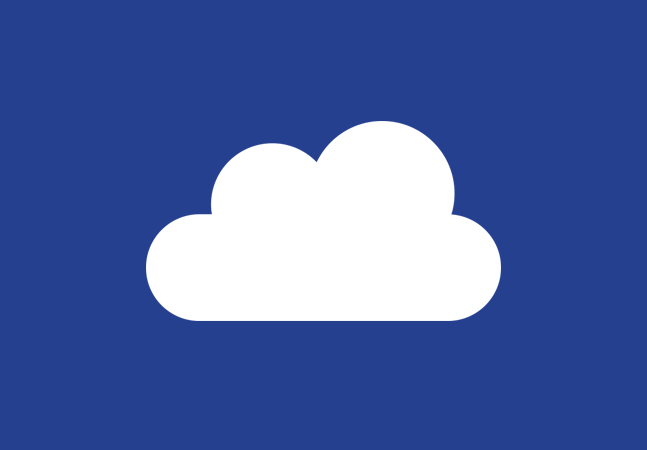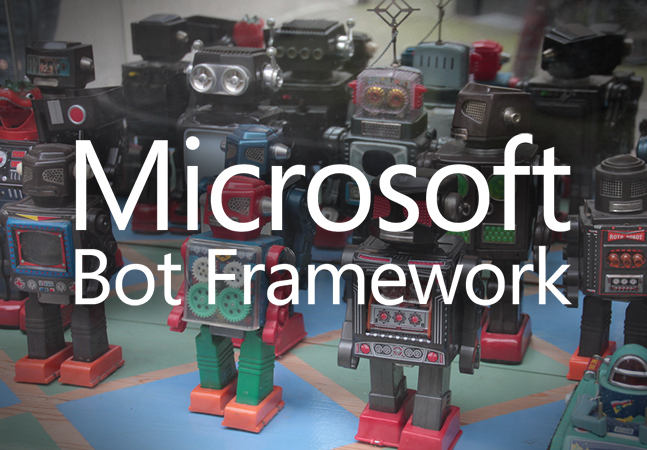
Microsoft is previewing Azure Edge Zones, providing ultra-low-latency edge computing to enable new scenarios for developers, customers, and partners.

Microsoft added and prioritized Azure cloud computing capacity as the industry as a whole experiences new strains such as an increase in remote work caused by the COVID-19 pandemic.

The burgeoning low-code application development space should and can do DevOps too, says Microsoft, which has detailed new tooling for its Power Apps and Power Platform.

Microsoft shipped Azure Sphere, an integrated solution for securing Internet of Things (IoT) devices and equipment.

Microsoft said Azure Functions Runtime 3.0 is now generally available for production use, sporting support for .NET Core 3.1 and Node 12 among other capabilities.

Microsoft announced Azure Functions 3.0, its event-driven, serverless cloud computing platform, has reached version 3.0, ready for production -- with a catch.

Research firm GigaOm compared throughput performance between SQL Server on Azure Virtual Machines and SQL Server on AWS EC2, finding the former enjoyed a definite speed edge.

Microsoft last week announced that it's going to drop Alternate Credentials support for authenticating users of its Azure DevOps Services.

Amazon Web Services announced that support for .NET and Java is now generally available in the AWS Cloud Development Kit (CDK), which uses an infrastructure-as-code approach to help AWS cloud developers model and provision cloud application resources via services such as AWS CloudFormation.

Microsoft updated its Azure IoT tooling for the open-source, cross-platform Visual Studio Code editor, adding a standalone simulator that doesn't require Python, an Event Grid module, support for Vcpkg for IoT Plug and Play development and more.

While containers can be generated almost instantly when a cloud application needs more capacity, the design of Docker containers can slow things down in serverless environments on platforms like Azure, where such dynamic flexibility is a prime benefit.
- By Scott Bekker
- 11/21/2019

Pulumi, known for its "Infrastructure-as-Code" cloud development tooling, has added support for .NET Core, letting .NET-centric developers use C#, F# and VB.NET to create, deploy, and manage Azure infrastructure.

Orleans, an open-source, cross-platform framework for building distributed applications with .NET that was created by Microsoft Research nine years ago, has been updated to version 3.0, with a new scheduler, code generator, co-hosting support and more.

Microsoft, which now calls itself an open source company, announced two new projects that serve to live up to that moniker, one for microservices and one for Kubernetes applications.

IncrediBuild has announced its build tool -- bundled as an C++ option with the Visual Studio IDE -- has been released in a cloud version that works with the Microsoft Azure and Amazon Web Services (AWS) platforms.

A data visualization tool some four years in the making from Microsoft Research has been open sourced, available for use as an extension for Visual Studio Code or Azure Data Studio.

Seeking to ease the development of Spring-based microservices written in Java on the Azure cloud, Microsoft and Pivotal announced a private preview of a fully managed service called Azure Spring Cloud.

Azure Functions, Microsoft's take on cloud-hosted, serverless, event-driven computing, now officially supports the Python programming language.

Microsoft-centric Internet of Things (IoT) development was bolstered with the recent release of Azure IoT Edge Tooling and Azure Security Center for IoT, both of which are now generally available.

Updated Python functionality heads a list of enhancements to Microsoft's Bot Framework SDK, facilitating conversational artificial intelligence development for a number of application channels, such as Skype, Teams, Slack and so on.